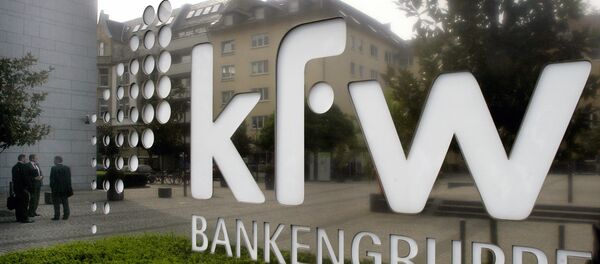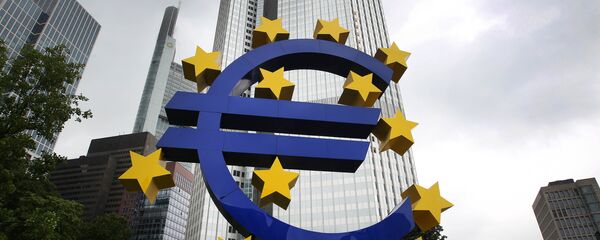While insufficient gains in consumer prices restrain near-term economic growth prospects, the demand side of the economy is lagging behind business optimism, supported by the euro’s weakness and favorable international trade conditions.
Although Brexit concerns are rife due to the UK’s initiation of the formal two-year process which will split it from the EU, the euro-area is facing very moderate, yet sustainable growth in the short-to-medium-term. However, the deterioration in broader economic sentiment might call into question the European Central Bank’s (ECB) intent to normalize their monetary policies by lifting interest rates above zero and eliminating the asset purchase program.
According to a report from the European Commission, released on Thursday, their composite measure of CEO and consumer sentiment for the euro area dropped to 107.9 in March from 108 in the previous month. The index noticeably undershot the earlier expectations of 108.3 for this month.
The first batch of macro-data from the Eurozone’s largest economy turned out to be a disappointment. In Germany, inflation slumped in the state of Saxony to 1.8pc year-on-year from 2.4pc the previous month. The news hit the euro in international currency trading, dragging the common currency 0.2pc lower against the dollar to $1.0737, as the disinflationary dynamics in Germany are poised to become more prominent due to the anticipated stagnation in factory input prices. Oil prices have retreated somewhat in the last several months, while raw materials markets have stabilized below their multi-year average levels.
"We really want to get through a bit more data before we draw conclusions but yesterday clearly put a dampener on front end rates and that has weakened sentiment towards the euro," Josh O'Byrne of Citi G10 said. "The mood around the dollar has softened a lot. On balance I think most people still buy into this stronger global demand story but it may be a bit late in the day to be chasing this theme."
The slide of the euro has brightened the Eurozone’s exports outlook. According to a separate report from IHS Markit, the euro area’s Flash Composite Purchasing Managers’ Index (PMI, posted a solid gain, rising to 56.7 in March from 56.0 the previous month. The PMI is a measure that primarily reflects private sector activity.
This is its highest since April 2011, but it is yet unclear whether this robust expansion in private sector activity will propel wages higher, thus allowing the economy to overcome the persistent disinflationary trend.
"This is a really solid rate of expansion. It's an economy firing on all cylinders," Chris Williamson of IHS Markit said.
According to IHS Markit’s estimates, the euro area economy might have grown by 0.6pc quarter-on-quarter in 1Q17, which would also be the most solid pace of growth in six years.
Amid these contradictory signals, the ECB will have to make an uneasy choice. Current monetary policies can’t last beyond September, when the bond-buying program officially ends, while the zero rates and negative deposit rates have started feeding into crippling disinvestment across several sectors of the economy in various regions of the single-currency bloc.
This makes the economic situation in the Eurozone slightly more complicated. The robust expansion in the private sector has failed to translate into overall elevated economic sentiment in March, whilst weak inflation will hinder consumer sector expectations for the coming several months. This suggests a significant degree of macroeconomic mismanagement and lack of economic efficiency across the Eurozone, and yet, a structural reform is not even on the table.
Both the ECB, along with national central banks, and national finance ministries are trying to charter their policy course within the current model, which for over five years has been consistently failing to produce inflation enough to keep the broader economic growth in line with the demand-side expectations.







